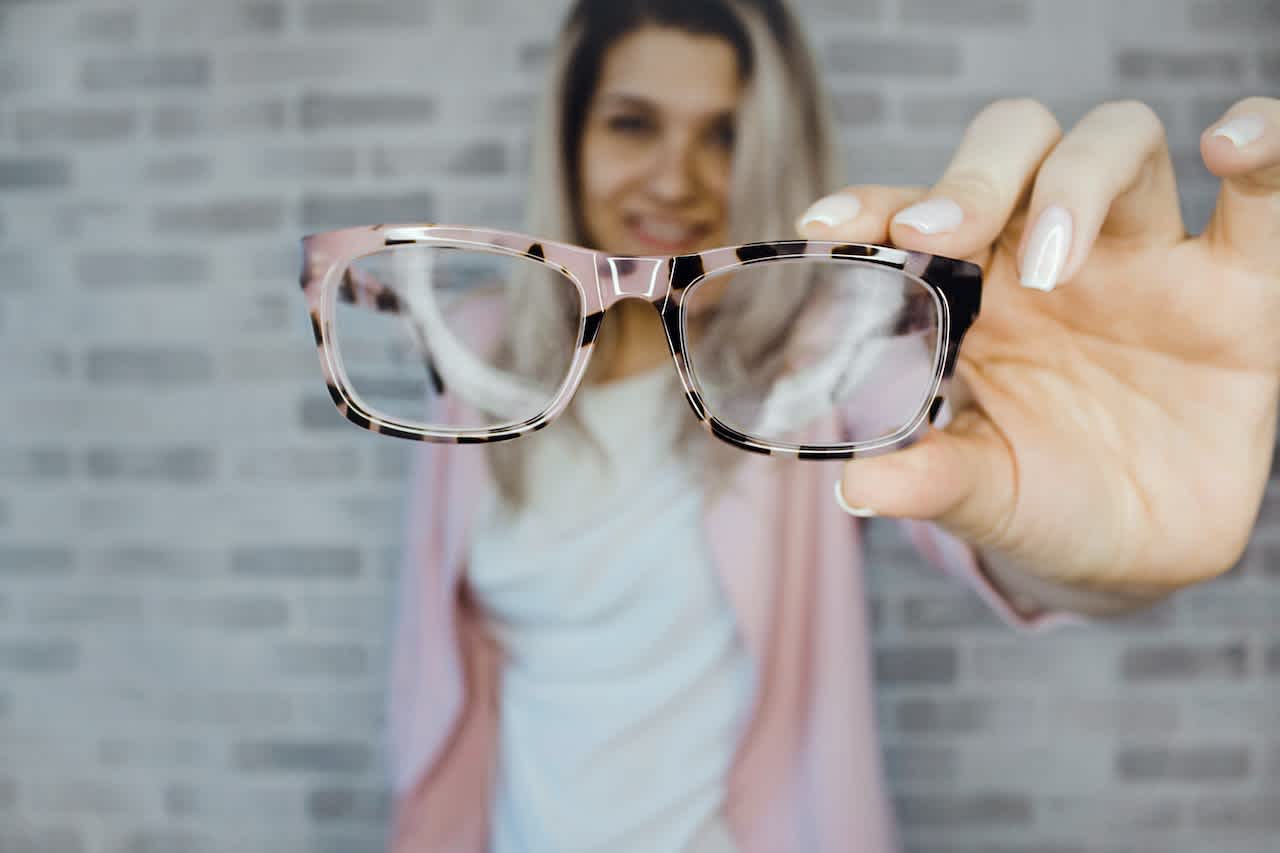How to Keep Your Eyes Healthy If Your Work Depends on Using a Computer Screen
BySarah Harris
Sarah Harris takes care of the customer support requests at Workast. She is also an avid writer.

Sarah Harris takes care of the customer support requests at Workast. She is also an avid writer.
It's no secret that working on a computer screen all day can be bad for your eyes. It's one of the most common complaints from office workers and remote employees. Luckily, there are several things you can do to keep your eyes healthy and avoid eye strain. In this blog post, we will discuss some of the best tips for keeping your eyes healthy!
One of the best things you can do for your eyes is to invest in a pair of blue light glasses. Blue light from screens can cause eye strain and fatigue, but blue light glasses help to filter out this harmful light. They are relatively inexpensive and can make a big difference in how your eyes feel at the end of the day. When buying blue light-blocking glasses, be sure to choose a pair that has been recommended by an eye doctor. Sometimes, regular sunglasses can make eye strain worse by not blocking enough blue light. It's important to find a pair that is specifically designed to filter out blue light.
If your work involves staring at a computer screen for long periods, it is important to take breaks often to rest your eyes. Every 20 minutes or so, look away from the screen and focus on something else in the room for at least 20 seconds. This will help reduce eye strain and prevent you from getting headaches. In addition to taking breaks, it is also important to blink frequently when you are working on a computer. People tend to blink less when they are focused on something, so make a conscious effort to blink more often than usual. This will keep your eyes lubricated and help reduce dryness and irritation.
If you find yourself straining to see your computer screen, it is probably time to adjust the settings. The text should be large enough that you can read it without squinting, and the background should be bright enough that you don't have to strain your eyes to see it. It's also important to make sure that your screen is at eye level so that you're not looking down at it for long periods. These simple adjustments can make a big difference in how comfortable your eyes feel at the end of the day. It is also a good idea to adjust the settings on your computer regularly so that your eyes don't get used to one particular setting.
If you've been experiencing a lot of eye strain, it's a good idea to get an eye exam. This way, you can rule out any underlying medical conditions that could be causing your symptoms. An eye doctor can also give you specific recommendations for how to reduce eye strain based on your individual needs. If you work on a computer all day, it's a good idea to have your eyes checked every year or two to make sure they are healthy. Some people may even need to see an eye doctor more often if they have a family history of vision problems.
If your eyes feel dry or irritated, using artificial tears can help. This is especially important if you live in a dry climate or if you work in a dusty environment. Artificial tears can help to lubricate your eyes and reduce irritation. Be sure to choose a product that is safe for use on computer screens. Some brands of artificial tears are not recommended for use on screens because they can leave a residue that can cause glare. Also, be sure to follow the instructions on the bottle carefully to avoid making your eyes feel worse. It's important to use artificial tears sparingly, as overuse can lead to more dryness.
Even if you take all of the necessary precautions, staring at a computer screen all day can still be tough on your eyes. If possible, try to limit your screen time outside of work. This means no more working on your laptop in bed or scrolling through social media before you go to sleep. When you're not working, give your eyes a break and focus on something else. Maybe read a book, take a walk outside, or just spend some time talking to friends and family members. Taking breaks from screens will help reduce eye strain and fatigue. Also, be sure to get a good night's sleep so that your eyes can rest and recover.
If you've been following all of these tips and you're still experiencing a lot of eye strain, it's time to see an eye doctor. There could be an underlying medical condition that is causing your symptoms. In some cases, vision problems can be corrected with glasses or contact lenses. If you have a more serious condition, you may need to get surgery or take medication. Either way, it's important to get help from a professional if your eye strain is getting in the way of your daily life. Also, be sure to keep up with your annual eye exams so that you can catch any problems early.
In addition to taking care of your eyes, it's also important to take care of your overall health. This means eating a healthy diet, getting enough sleep, and exercising regularly. These things can all help to reduce stress and improve your overall well-being. When you feel good, your eyes will likely feel better too. Taking vitamins and supplements can also help keep your eyes healthy. Some people take specific supplements for eye health, such as omega-three fatty acids or lutein. Additionally, many are exploring various ways to improve eye health and vision performance through focused nutrition and eye exercises. Talk to your doctor about whether these might be right for you.
Following these tips will help you keep your eyes healthy and avoid strain if you work on a computer all day. If you're experiencing severe symptoms or discomfort, be sure to see an eye doctor for further evaluation. With some simple lifestyle changes, you can protect your eyes and keep them healthy for years to come. So, don't wait, start taking care of your eyes today!
